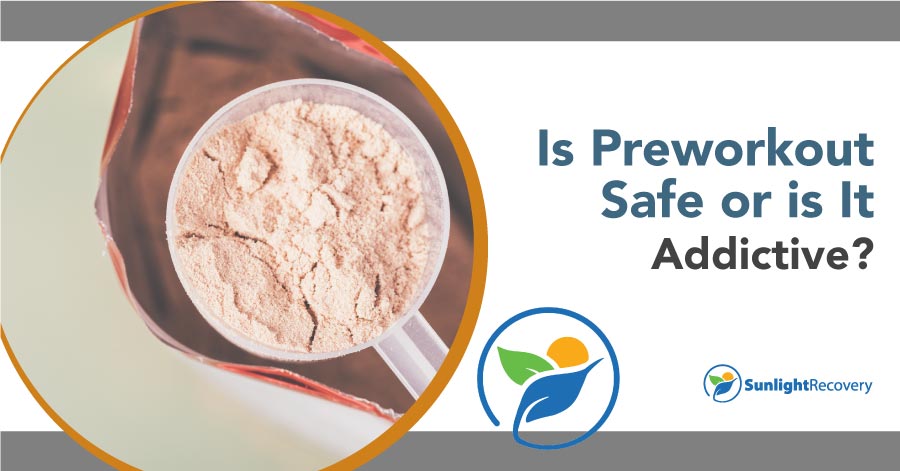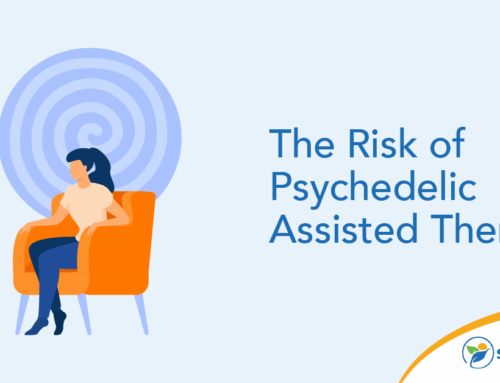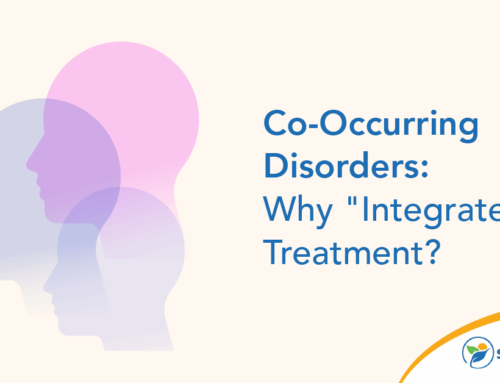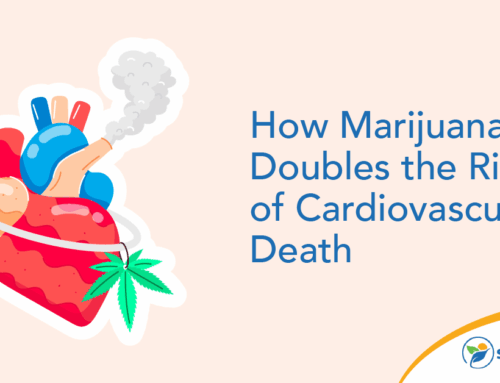Is pre-workout bad for you? The answer to this question may vary depending on who you ask. Many people offer anecdotal accounts of what their pre-workout supplements have done for them, but the companies that market these products don’t highlight the risks behind their supplements. Before choosing what’s right for you, it’s important to do your own research and pay extra attention to what’s in the supplements you’re taking.
What Is a Pre-Workout?
Pre-workouts are supplements that many people take about 30 minutes to an hour before they plan to exercise. They’re often loaded with a source of carbohydrates, vitamins, minerals and caffeine so you’re able to sustain activity longer and recover faster after your workout is over. Many companies market pre-workout formulas and they can vary greatly, so you should pay attention to the ingredients list before deciding which one is best for you.
Positive Effects of Pre-Workouts
When taken responsibly, pre-workouts can have many benefits. The primary benefit is that you’re able to work harder and sustain activity for longer periods, resulting in a more productive workout than if you didn’t fuel up before hitting the gym. While it’s possible to accomplish these goals with food and sports drinks, pre-workouts include vitamins and minerals that are specifically designed to boost your energy levels.
Other benefits include:
Enhanced Muscle Recovery
Amino acids are the building blocks our bodies need to build and repair muscle. Many pre-workouts advertise that they include ingredients with very scientific names. In many cases, those ingredients are names of common amino acids that are great at maintaining or building muscle mass.
Increased Weight Loss
B-vitamins, creatine and nitric oxide are common ingredients in pre-workout products that improve how the body processes energy. This can help you burn fat, reduce food cravings and make you burn more calories while you’re exercising.
Improved Focus
Pre-workout formulas contain caffeine, and while there’s a lot of controversy over the overuse of caffeine, it does help athletes focus during their workouts. This improves form and adds endurance but isn’t free of risks.
Is Pre-Workout Harmful?
One of the primary causes of side effects is the overuse of pre-workout supplements. Some people are much more sensitive to the compounds in these products than others, however, so tolerance can vary from one person to another. Common side effects of pre-workout include:
- Upset stomach, loss of appetite or diarrhea
- Cardiovascular distress due to increased heart rate or blood pressure
- Tingling in the extremities
Many of the side effects of pre-workouts are due to the amount of caffeine and other stimulants included in the formula. In addition to copious amounts of caffeine, you should pay attention to other ingredients such as amphetamines. While amphetamines are legal to use in pre-workouts, there’s a ton of controversy over them due to how similar they are to banned substances like ecstasy and methamphetamine.
Are Pre-Workouts Addictive?
There are three ingredients in some pre-workout formulas that may create dependence:
- Caffeine
- Amphetamines
- Sugar
All three ingredients have a stimulant effect on the body and can cause a crash later once they’re eliminated from the body. Some athletes may begin to feel the need to use a pre-workout every single time they exercise. This need can transcend their workout routine and become a daily ritual, even on days when they don’t plan to work out.
Using too much caffeine and amphetamines can make it difficult to rest or to feel at ease without your latest fix and can cause withdrawal symptoms when you try to stop taking them. This creates a cycle of dependence that can be difficult for some people to break without assistance.
Are Pre-Workouts Safe for Your Heart?
The FDA has stated that exceeding 400 milligrams of caffeine in a single day can be dangerous. It also warns that some people may react more strongly to caffeine and should avoid it or reduce consumption appropriately. One of the primary side effects of caffeine is an elevated heart rate, which can lead to hypertension, heart disease and heart attack.
Amphetamines may increase your heart rate as well, and some of the symptoms of an overdose include rapid heart rate, quick breathing and tremors. These are all commonly associated with cardiovascular distress. When used in moderation, pre-workouts aren’t normally dangerous for your heart, but becoming dependent on them can put you at an elevated risk of heart disease.
Can Pre-Workouts Cause a Stroke?
The National Library of Medicine has reported numerous accounts of athletes and members of the military suffering stroke after the routine use of pre-workout products. In the same report, researchers admitted there was no solid proof that the pre-workouts were the cause of stroke, but the ingredients in the pre-workouts were commonly associated with stroke and other medical conditions.
The FDA doesn’t regulate pre-workouts, so there’s no guarantee they’re safe or effective.
How to Choose the Right Pre-Workout
Not all pre-workouts are made the same, and there are some products that don’t have sugar or caffeine as main ingredients. The same is true of amphetamines, and you should avoid products that contain excessive levels of caffeine or the following substances:
- BMPEA
- Acacia rigidula
- β-methylphenylethylamine
- Phenylpropane
Product manufacturers often use special wording or scientific names to disguise ingredients the public wants to avoid. These are just some of the common ingredient names given to substances that are similar to amphetamine or have the same biological effects.
Also, pay attention to how much sugar the pre-workout formula contains because consuming too much sugar before a workout could lead to a post-workout crash.
What to Do If You Can’t Stop Taking Pre-Workouts
If you feel like you’re caught in a spiral you can’t get yourself out of, you’re not alone. Sunlight Recovery offers programs to help you understand what’s causing your dependence and how you can regain control of your life. Our dedicated, compassionate team members can help you explore effective options for recovery that fit into your lifestyle.







